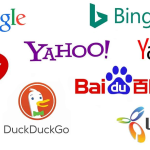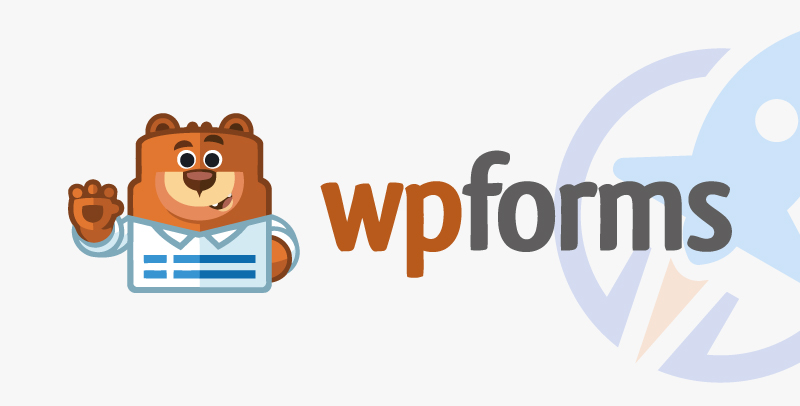Increasing global concern about online user privacy has brought big changes within the digital advertising industry in recent years. Data privacy regulations such as GDPR, heightened consumer awareness, and cookie depreciation have undoubtedly led to a giant shift in how platforms, publishers, and advertisers conduct business. User data privacy is now front and center.
What Is Digital Data Privacy?
Data privacy refers to the principle that online users should have complete control over their personal data. They should be able to decide how organizations collect, store, and use this data. In the context of digital marketing, this means gaining consent to process data for advertising needs (e.g., delivering video ads based on the user’s previous online behavior after getting permission) or following data privacy laws like the General Data Protection Regulation (GDPR) to ensure user privacy.
Data Privacy on Desktop vs. Mobile
There is a clear distinction in how user data privacy is upheld on websites and mobile apps. While the core principles apply to both environments, the differences stem from their unique characteristics.
App store regulations are usually stricter on mobile, while cross-device tracking is more prevalent since users often switch between smartphones and tablets. Mobile devices also collect location data for various purposes (e.g., for navigation or targeted advertising), while desktops rely less on real-time location tracking. In addition, mobile platforms often feature granular app permissions (users can allow/deny access to apps for specific features/data).
In terms of advertising, gathering data for mobile advertising requires explicit user permissions and relies on location-based targeting. On the other hand, gathering data for desktop advertising requires but is not limited to various consent mechanisms, browser-based tracking, e.g., cookies, and alternative targeting methods (e.g., contextual).

Data Privacy Is Now More Important Than Ever
Data privacy in advertising has always been a flaky topic. Especially when most of the industry heavily relies on behavioral targeting. Tracking users’ browsing activity and collecting their data without explicit consent (through third-party cookies) was an apparent issue with behavioral targeting from the get-go. And now, with the complete depreciation of third-party cookies and stricter privacy regulations for user protection, the digital world is switching to a privacy-first regime. That’s why publishers and advertisers have to prioritize user privacy now more than ever.
This means clear and accessible privacy policies, collecting only necessary data (e.g., for website functionality), privacy security (protecting acquired user data with appropriate measures), and the implementation of authentication/authorization on the publisher’s end.
Challenges With the Current Privacy Regulations
One of the biggest challenges publishers and advertisers face is the varied and geographically limited nature of data privacy laws. Privacy laws differ from country to country, which can be quite a hurdle for those operating on a global scale. They need to adjust their data infrastructures accordingly to fit regional regulations.
In addition, compliance costs come at a hefty price. Investing in technology and security measures to safeguard data, implementing processes to ensure adherence to copyright and intellectual property laws, and addressing regional data sovereignty requirements is much more difficult than it seems.
Data Collection Practices for Publishers
Improving data privacy isn’t solely done to ensure regulatory compliance. It also plays a crucial role in building trust with end users and consumers. That’s why publishers should take note of the following practices:
- Obtain explicit user consent – use a consent mechanism for collecting user data, preferably one that allows users to opt in or opt out (e.g., limit data collection for personalized ads) of different types of data collection;
- Be transparent in your data policies – create a clear outline of your data collection and usage practices, and keep your privacy policy up to date. This way, users can have a complete understanding of how their data is being used;
- Minimize data collection – collect only essential data for site functionality, employ anonymization methods to reduce personally identifiable information (PII) exposure, and conduct routine reviews to promptly delete any unnecessary data;
- Improve data security – implement strong security measures to protect user data from unauthorized access and continuously update and patch software to promptly address any identified security issues as quickly as possible.
Your Privacy Resources
Publishers and advertisers can consult reputable sources for a better understanding of data privacy. This way they can follow up on any changes in privacy regulation in their region. For instance, if you’re operating in the EU, IAB EU offers regular and extensive updates for GDPR compliance and ePrivacy laws and can be an essential insight into future landscape changes. Notably, IAB Tech Lab is not only limited to the EU, but the research bureau also operates globally, and its initiatives are designed to address the diverse needs and regulatory environments worldwide.
Similarly, organizations like the International Association of Privacy Professionals (IAPP) offer a wealth of resources. These include articles, webinars, and training programs on global privacy regulations. However, cross-referencing information from multiple sources is necessary to ensure complete accuracy.
A Trustworthy Partner With Innovative Advertising Solutions
TargetVideo is a trustworthy partner to all publishers and advertisers adapting to the new privacy-first digital advertising model. We offer our advertisers innovative ways to reach their audience without infringing on user privacy, with the help of our Organic Reach. In addition, for publishers wanting to earn from their website, TargetVideo offers GDPR-compliant premium monetization solutions, as well as original video content. See what more our all-in-one video advertising solution has to offer, join TargetVideo!


Reach your target audience even in a cookieless environment with data-driven semantic & segmantic targeting.
The post Data Privacy in Digital Advertising appeared first on Target Video.













